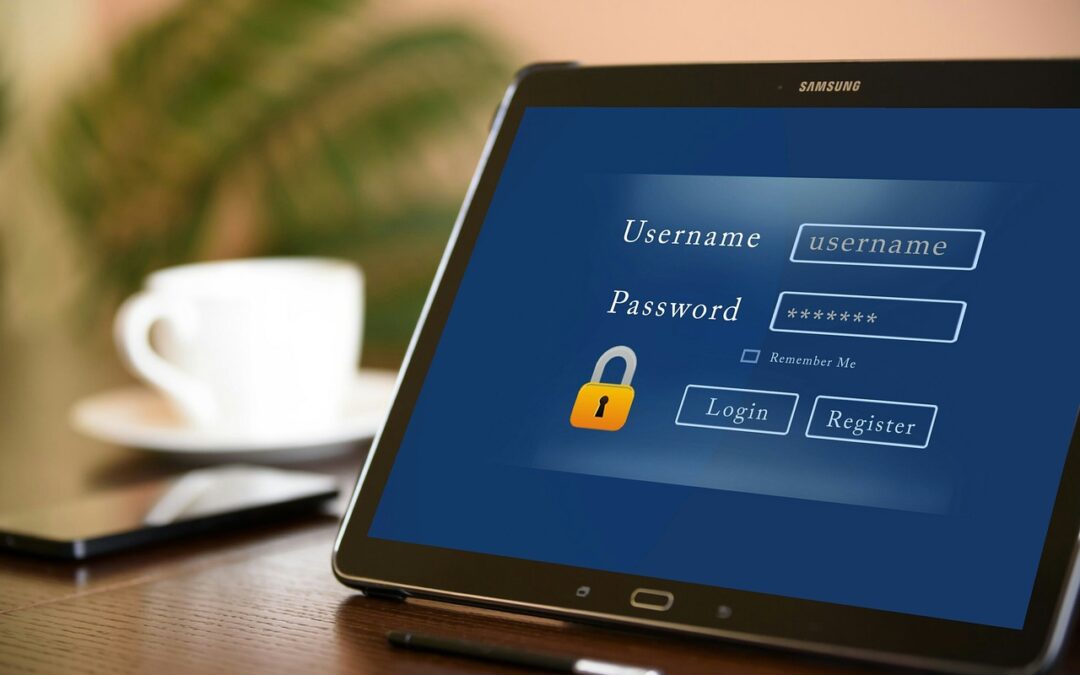Cybersecurity Best Practices for Small Businesses in Ocala
Introduction
Cybersecurity is a growing concern for small businesses in Ocala. With the rise in cyberattacks targeting small and medium-sized businesses, it’s more important than ever to implement strong cybersecurity measures. A data breach, ransomware attack, or other forms of cybercrime can be devastating, leading to financial loss, damaged reputation, and even legal consequences.
In this article, we’ll discuss cybersecurity best practices that small businesses in Ocala can adopt to protect their data, employees, and customers from online threats.
1. Why Cybersecurity Matters for Small Businesses
Cybercriminals often target small businesses because they typically have fewer resources and weaker security systems than large corporations. Some common cyber threats include:
-
Ransomware: Malware that locks files or systems and demands payment for release.
-
Phishing Attacks: Fraudulent emails that trick employees into revealing sensitive information.
-
Data Breaches: Unauthorized access to customer or business data.
-
Social Engineering: Manipulating employees into giving away confidential information.
A successful attack can result in significant financial loss, legal consequences, and reputational damage.
2. Top Cybersecurity Best Practices for Ocala Small Businesses
1. Use Strong Passwords and Multi-Factor Authentication (MFA)
One of the easiest ways to protect your business is by ensuring all employees use strong, unique passwords. Implementing multi-factor authentication (MFA) adds an additional layer of protection by requiring users to verify their identity with a second factor, such as a code sent to their phone.
Password Tips:
-
Use a mix of uppercase, lowercase, numbers, and symbols.
-
Avoid using easily guessed information like names or birthdays.
-
Use password managers to securely store and generate strong passwords.
2. Regular Software Updates and Patches
Cybercriminals often exploit security vulnerabilities in outdated software. Regularly updating operating systems, applications, and antivirus software helps close these vulnerabilities. Set up automatic updates for critical software to ensure protection against the latest threats.
3. Employee Training and Awareness
Employees are often the weakest link in cybersecurity. Providing cybersecurity training can prevent human errors that lead to security breaches. Train employees to recognize common threats like:
-
Phishing emails that appear legitimate but ask for sensitive information.
-
Malicious attachments that may contain ransomware or viruses.
-
Suspicious links that lead to fake websites designed to steal login credentials.
4. Backup Your Data Regularly
Data backups are crucial in case of a ransomware attack or hardware failure. Ensure your business data is backed up securely, and test backups regularly to confirm their integrity. The 3-2-1 rule is a common best practice:
-
3 copies of data (1 primary, 2 backups).
-
2 different media (external hard drive, cloud storage).
-
1 backup offsite (cloud backup).
5. Install Firewalls and Antivirus Protection
Firewalls act as a barrier between your internal network and external threats, while antivirus software helps detect and block malware. Ensure both are configured properly and set to update automatically.
Firewall Tips:
-
Implement both hardware and software firewalls for added protection.
-
Regularly monitor firewall logs for any suspicious activity.
6. Secure Your Wi-Fi Network
An unsecured Wi-Fi network can be an entry point for cybercriminals. Protect your business Wi-Fi by:
-
Changing default passwords for routers and access points.
-
Using WPA3 encryption for stronger security.
-
Segmenting networks: Create separate networks for employees, guests, and IoT devices to limit exposure.
7. Implement a Data Breach Response Plan
Despite your best efforts, a breach may still occur. Having a data breach response plan in place can help minimize damage. Your plan should include:
-
Identification and containment of the breach.
-
Notification procedures for affected customers and regulatory bodies.
-
Steps for remediation and restoring compromised data.
3. How GreatChoice Technologies Can Help Protect Your Business
At GreatChoice Technologies, we offer a range of cybersecurity services tailored to the needs of small businesses in Ocala, including:
-
Network security assessments to identify vulnerabilities.
-
Managed IT services to ensure your systems stay secure and up-to-date.
-
Employee cybersecurity training to reduce human error.
-
Cloud backup solutions to protect against data loss.
Conclusion
Cybersecurity is a critical aspect of running a small business in Ocala. By adopting best practices like using strong passwords, training employees, and maintaining secure backups, your business can mitigate cyber risks and protect its valuable data.
At GreatChoice Technologies, we specialize in helping small businesses implement strong cybersecurity measures. Contact us today to secure your business from potential threats.
